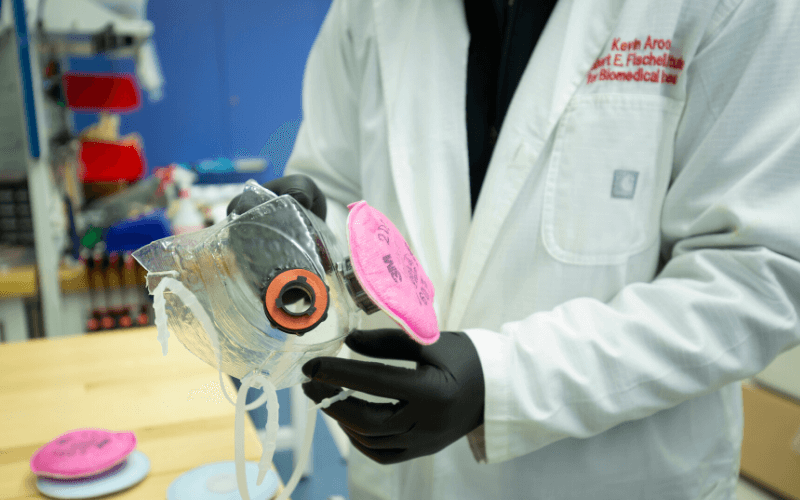| Sara Brenner, M.D., MPH, is a preventive medicine and public health physician currently serving as the Chief Medical Officer for In Vitro Diagnostics and Associate Director for Medical Affairs in the Center for Devices and Radiological Health at the U.S. Food and Drug Administration (FDA). Prior to joining FDA, Dr. Brenner served as a Senior Policy Advisor in the White House Office of Science and Technology Policy (OSTP) with a broad portfolio in biomedical science, technology, and human health. From within the Executive Office of the President (EOP), Dr. Brenner worked with U.S. Departments and Agencies, the Office of Management and Budget, the National Security Council, the Domestic Policy Council, and other White House components to develop national policy relevant to health care, medical technology, biomedical science, innovative early-stage research, and workforce training and education. Her portfolio included focus areas in health data interoperability, privacy, and national security, interagency coordination in biological and health sciences, research business models and reducing burdens on the national research enterprise, open science/open data initiatives, translational science and commercialization, promotion and protection of the U.S. bioeconomy, biomedical research in microgravity (space), national public health response to combat the opioid crisis, Veterans’ suicide prevention (PREVENTS), and risk assessment and mitigation related to human exposures to contaminants of emerging concern. |
 |





